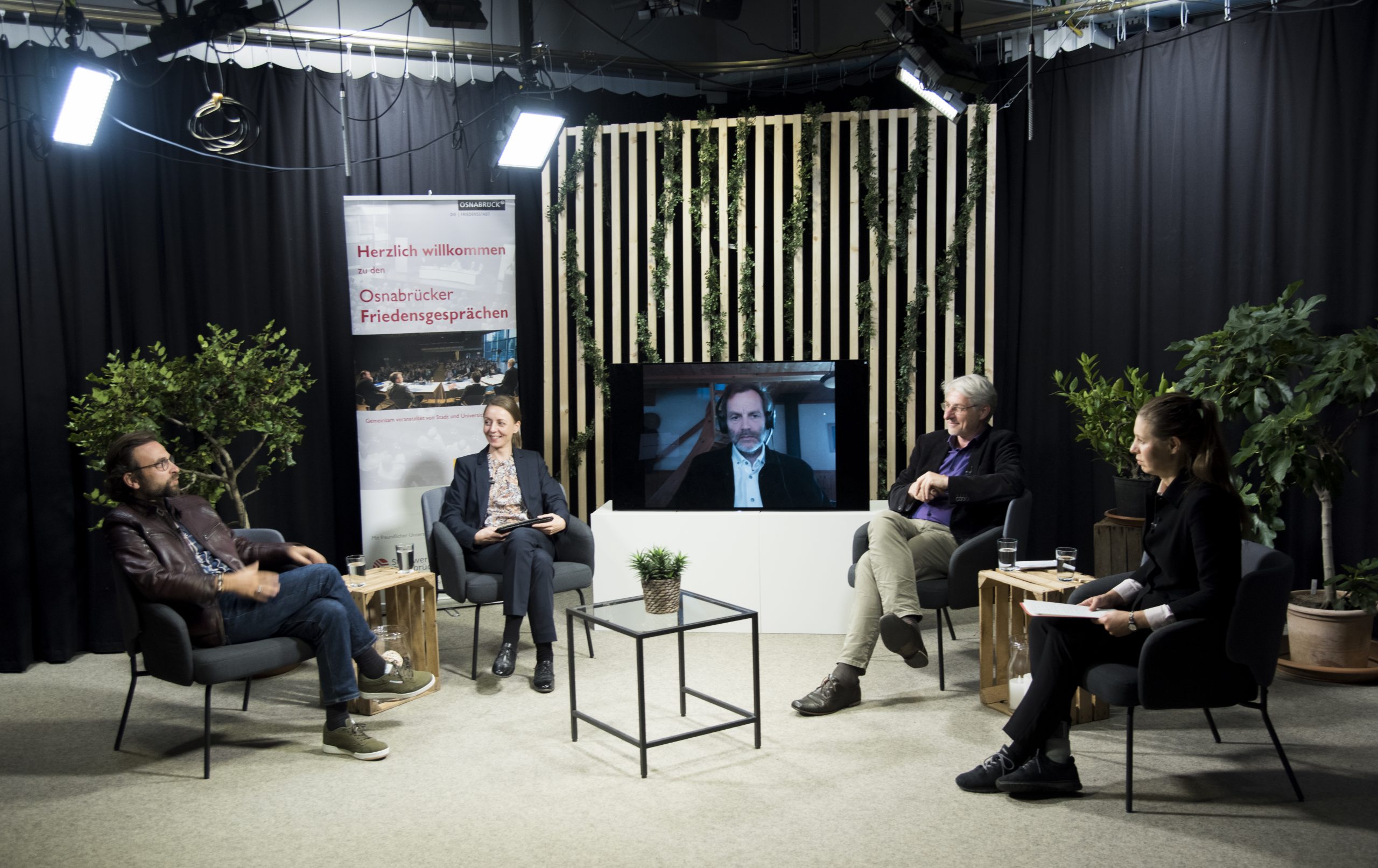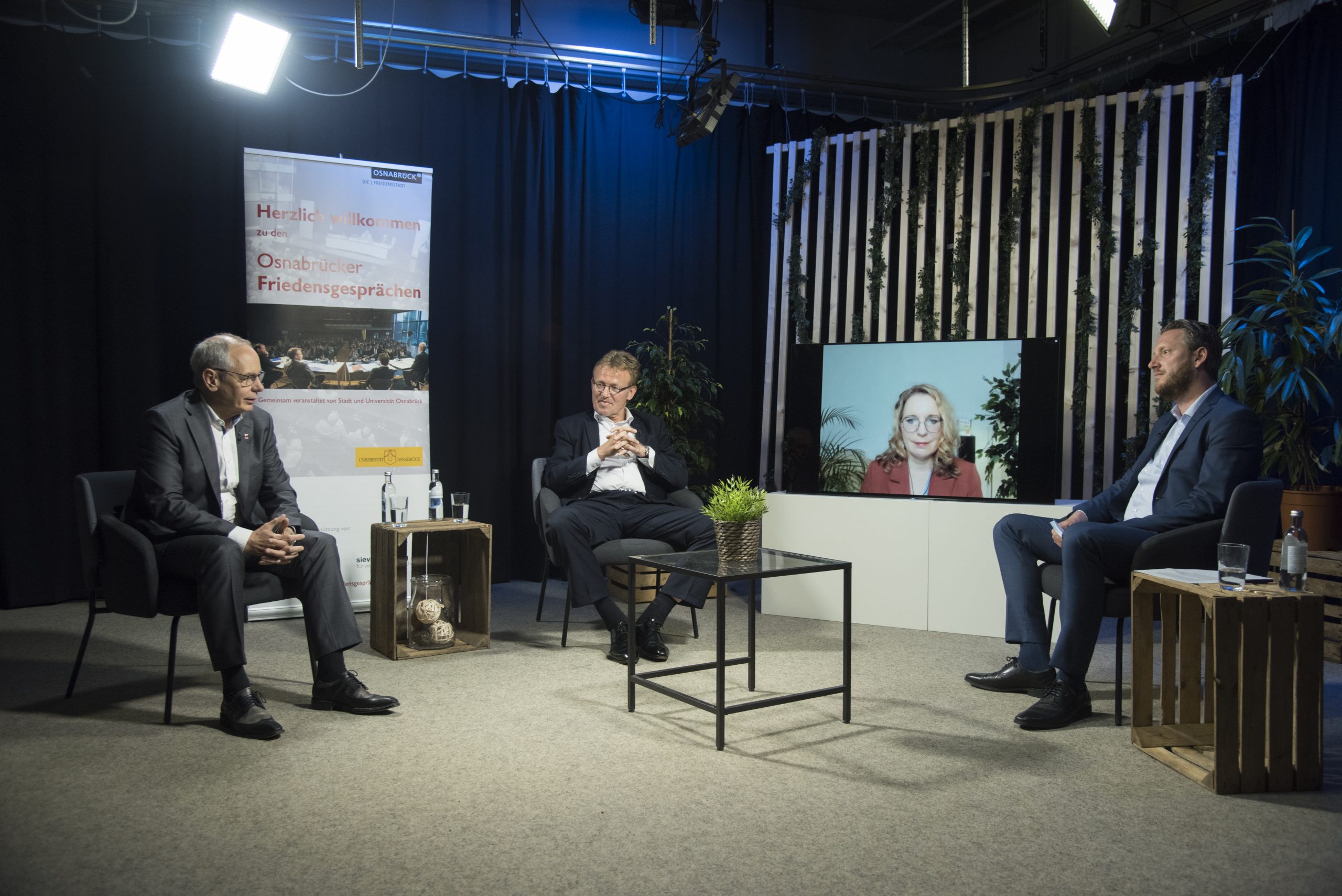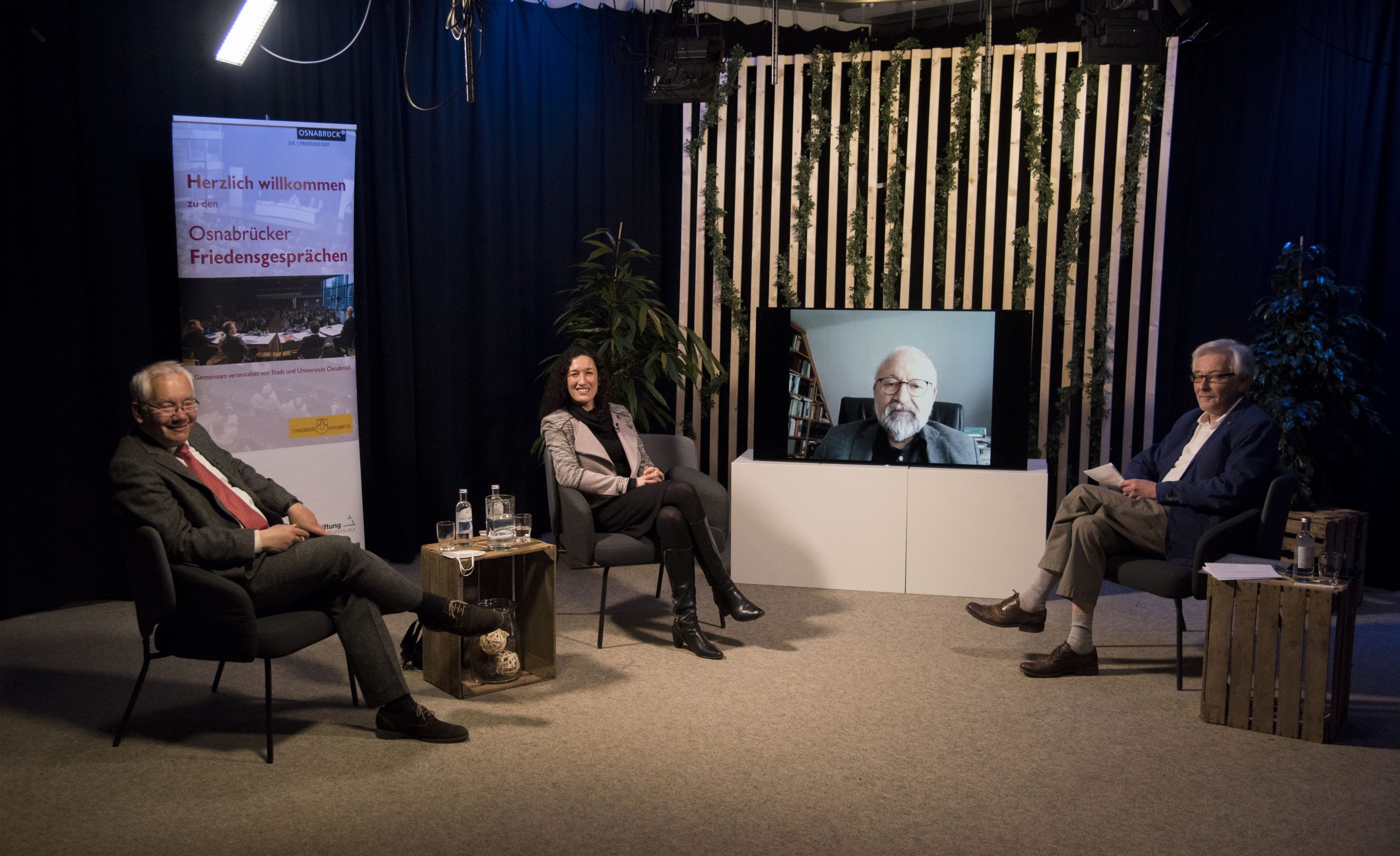Brennpunkt Afghanistan – Zur Sachlage des Konflikts (Focus Afghanistan – On the State of the Conflict)
Focus on Afghanistan – in view of the extremely dramatic situation, experts at the University of Osnabrück devoted themselves to the situation in Afghanistan as part of a special format.



